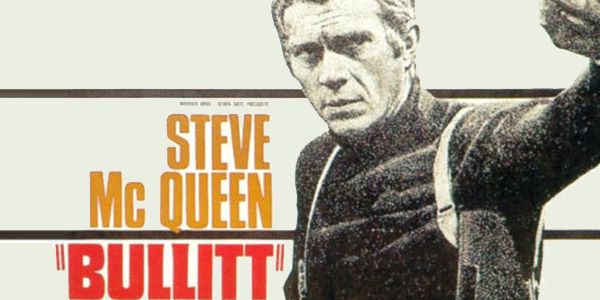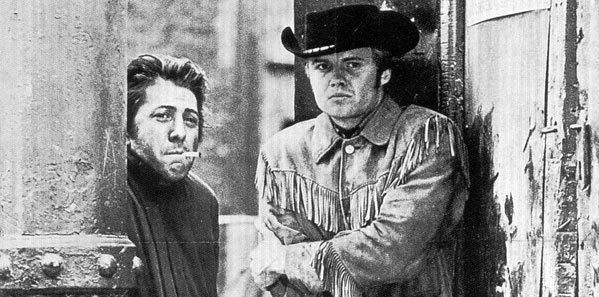Plan 9 From Outer Space
has been unjustly deemed the worst movie of all time. It's true that
cardboard gravestones are knocked over, that scenes change from day to
night at a moment's notice, and that half of Bela Lugosi's
scenes are shot with a taller stand-in who has trouble keeping his
vampire's cape on his shoulders. But technical gaffes like these are
shared by a number of low-budget sci-fi films with plots that equal the
absurdity of this epic's tale of extraterrestrial grave robbers. What
distinguishes Plan 9 from less interesting failures is the bizarre but sincerely overwrought screenplay from now-famous director Edward D. Wood Jr. As in his other works (such as the autobiographical Glen Or Glenda? and Bride of the Monster), Wood's
words expressed far more of his interior obsessions, beliefs, and
philosophies than any other hack churning out similar kiddie spook
shows. It's clumsy poetry to be sure, but Wood
loved the movies and tried to speak through them. An alien invader's
soliloquy on the stupidity of modern man comes off like a strange man on
the bus, demanding to tell you what's wrong with the world. Most of Wood's films have this strangely direct feel to them, but Plan 9 From Outer Space
is definitely the tightest synthesis of the man's personal
idiosyncrasies and his deep desire to tell a story that everyone would
love. As a result, it's proven itself to be immensely popular, a rare
combination of accessibility and outsider vision that unfortunately
never paid off within Edward D. Wood Jr.'s lifetime.



























